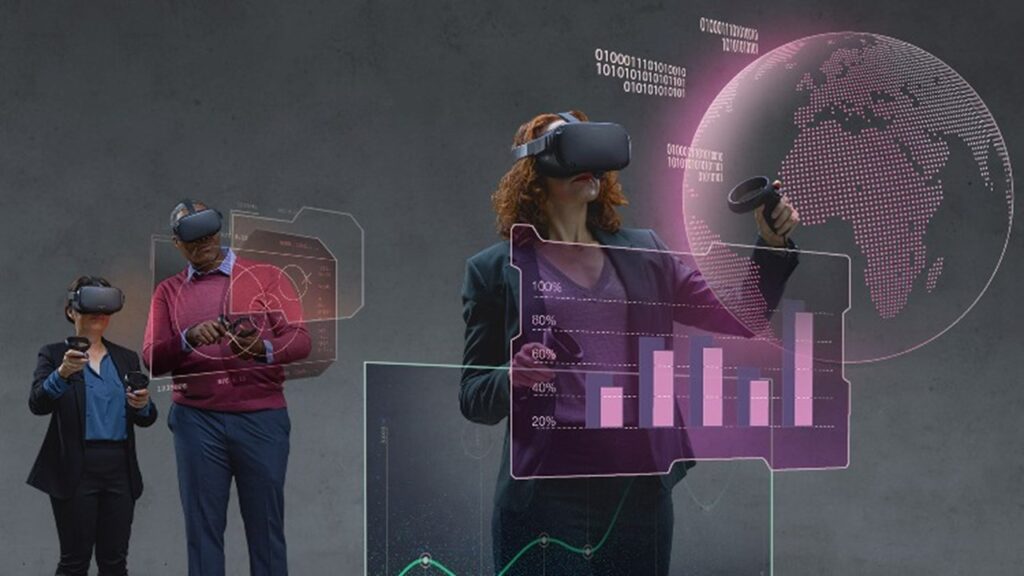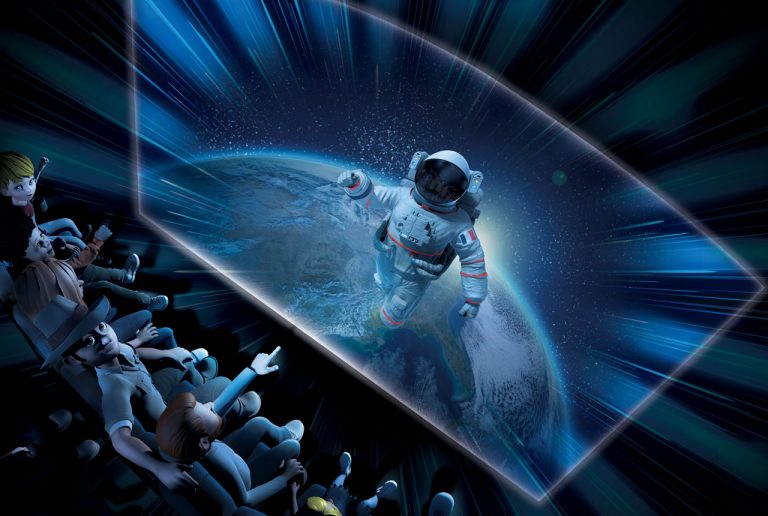In an era of rapidly advancing technology, the world of marketing is evolving at an unprecedented pace. Among the latest trends capturing the imagination of marketers and consumers alike are virtual reality (VR) and the metaverse. These cutting-edge technologies offer immersive experiences and endless possibilities, making them invaluable tools for future marketing strategies. In this blog post, we explore why VR and the metaverse should not be overlooked but embraced as key components of successful marketing campaigns.

- Immersive Experiences that Capture Attention: VR technology allows marketers to transport consumers into a completely immersive virtual environment. It enables them to experience products, services, or locations firsthand, breaking the barriers of distance and time. By creating engaging and interactive experiences, marketers can capture the attention and interest of their target audience in a way that traditional advertising methods cannot match.
- Enhanced Brand Engagement and Storytelling: The metaverse, a virtual shared space where users can interact with a computer-generated environment and other users, provides a unique platform for brand engagement and storytelling. Companies can create virtual worlds that align with their brand identity and values, allowing users to explore, interact, and build meaningful connections with their products or services. This immersive storytelling approach creates lasting impressions and fosters a deep emotional connection with consumers.
- Personalisation and Customisation: One of the major advantages of VR and the metaverse is the ability to offer personalised and customised experiences. Through virtual reality, marketers can tailor their messages and content to individual preferences, delivering highly relevant and targeted marketing campaigns. In the metaverse, users have the freedom to customise their virtual identities and surroundings, creating a sense of ownership and personalisation that drives engagement and brand loyalty.
- Expanding Reach and Accessibility: VR and the metaverse have the potential to transcend geographical boundaries, reaching a global audience. With VR headsets becoming more affordable and accessible, marketers can tap into a broader market base, providing immersive experiences to consumers around the world. Moreover, the metaverse offers an inclusive platform where individuals with physical limitations can participate, levelling the playing field and ensuring accessibility for all.
- Data and Insights for Effective Marketing Strategies: The integration of VR and the metaverse in marketing campaigns generates vast amounts of valuable data and insights. Marketers can gather information on user behaviour, preferences, and engagement metrics, enabling them to refine their strategies and tailor their offerings to meet customer demands effectively. This data-driven approach leads to more targeted campaigns, higher conversion rates, and improved return on investment.

As the marketing landscape continues to evolve, VR and the metaverse emerge as powerful tools that should not be ignored. These technologies offer unparalleled opportunities for brands to engage consumers on a deeper level, deliver personalised experiences, expand their reach, and gain valuable insights. By embracing VR and the metaverse, marketers can position themselves at the forefront of innovation and create memorable connections with their audience. As the future unfolds, those who recognise and harness the potential of VR and the metaverse will undoubtedly thrive in the ever-evolving marketing landscape.






